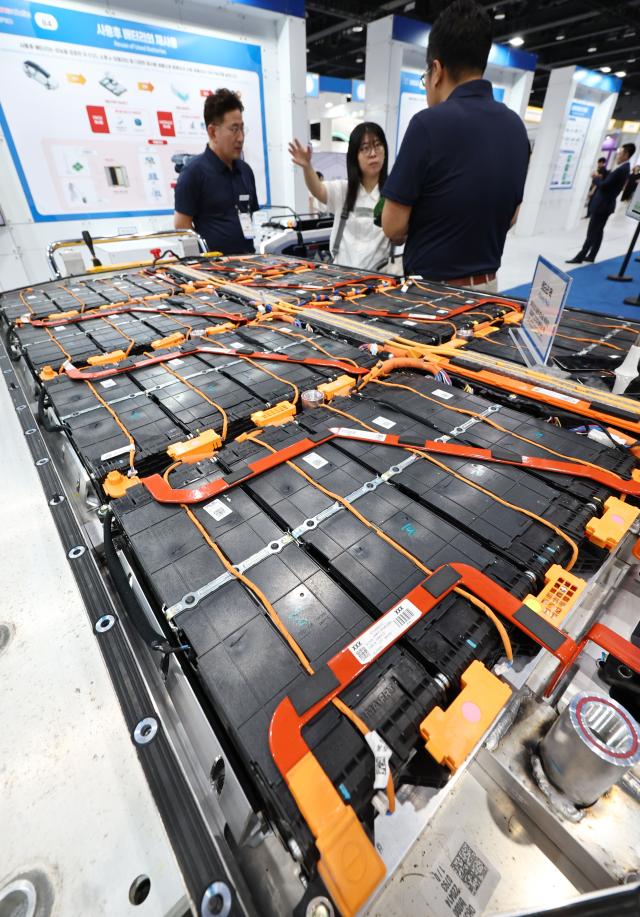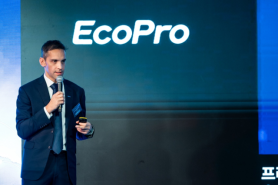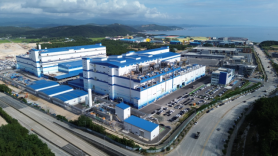
SEOUL, July 24 (AJP) - South Korea risks falling behind in the rapidly expanding global waste battery recycling industry due to insufficient government support, the Korea Enterprises Federation warned Thursday, urging bold policy and financial intervention to secure the nation's competitiveness in a critical sector.
According to a new report by the business lobby group, the global market for recycling end-of-life batteries is projected to grow at an average annual rate of 17 percent, ballooning from $10.8 billion in 2023 to $208.9 billion by 2040.
The key driver behind this growth is the anticipated surge in retired mobility batteries — used primarily in electric vehicles — which are expected to rise from 170,000 units in 2023 to more than 42 million by 2040.
Recycling waste batteries, the federation said, could significantly reduce production costs for critical minerals such as lithium, cobalt, and nickel, while also lowering supply chain risks by decreasing dependence on imports from a small number of countries, including China, Australia, and the Democratic Republic of Congo.
But while countries such as the United States, Japan, and those in the European Union have ramped up public funding for battery recycling, South Korea’s level of support remains “woefully inadequate,” the federation said.
The U.S. government, for example, has earmarked $3.1 billion for commercializing battery manufacturing and recycling facilities as well as supporting research into critical mineral reuse.
The European Union has pledged up to 960 million euros for battery recycling initiatives, and Japan has invested more than 120 billion yen since 2020 in recycling and circular economy projects led by major corporations.
By comparison, South Korea’s Korea Environment Corporation has allocated just 1.5 billion won ($1 million) to support electric vehicle battery collection infrastructure, offering companies a maximum of 100 million won per year — a fraction of the funding seen in peer economies.
The report called for a comprehensive overhaul of South Korea’s waste battery strategy, outlining three priority areas: expanding public procurement incentives, creating a dedicated customs classification for waste batteries, and strengthening the nation’s post-use battery management systems.
“The global battery ecosystem is undergoing rapid transformation,” said Lee Sang-ho, head of the federation’s economic and industrial division. “Without more aggressive institutional and financial support, Korea risks losing its edge in one of the most strategically important industries of the future.”
Copyright ⓒ Aju Press All rights reserved.




